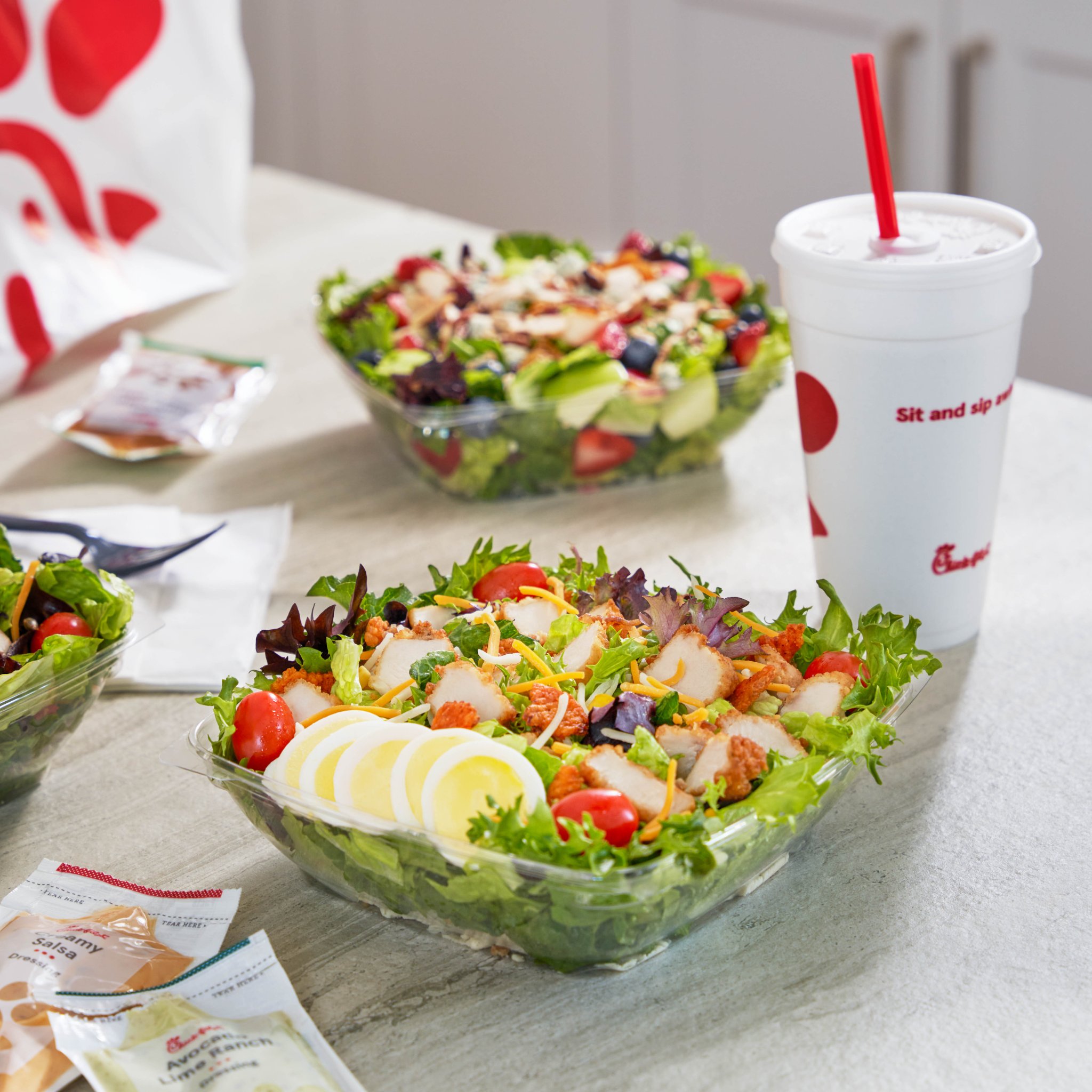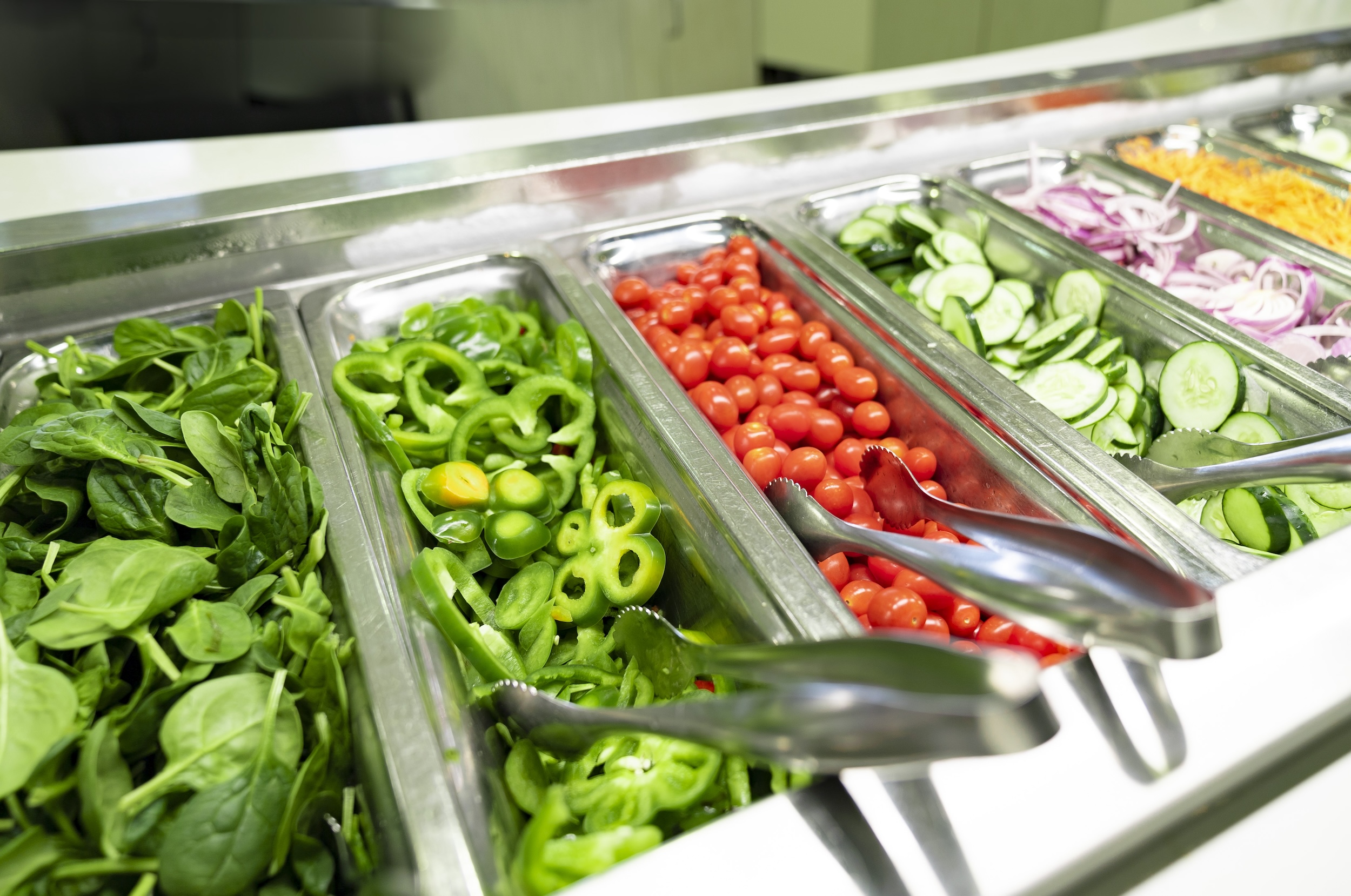Nutrition
Dine out without ditching your goals.
The MyPlate Plan, developed by the U.S. Department of Agriculture, is a personalized guide that outlines recommended servings from each food group — fruits, vegetables, grains, protein and dairy — based on individual factors like age, sex, height, weight and physical activity level. Using the interactive MyPlate Plan calculator, users can tailor daily calorie allowances with built-in adjustments for growth, body composition and life stage to support healthy, balanced eating habits.
The OnlineSchools.org Student Nutrition Guide emphasizes that healthy eating and regular exercise are foundational to academic success, cognitive function, mood and long-term physical health. It offers practical strategies — like stocking up on wholesome snacks, staying hydrated and planning for balanced meals — to help students maintain energy and focus throughout busy days. The guide also includes expert-backed tips from registered dietitian Alexa McDonald, such as choosing nutrient-dense foods, prepping easy meals and building realistic fitness routines
Here is a list of healthier choices for lunch within a one mile radius of campus besides our University Dining Hall.
Nutrition Programs
A Health Educator is available upon request and as the schedule allows to present nutrition information to classrooms, student groups and sport teams. For more information or to schedule a program, call Student Health Services, 910.521.6219 or fill out our Presentation Request Form.
If you are looking for personal guidance and tips, a staff member would be happy to
meet with you one-on-one to discuss your goals. 
